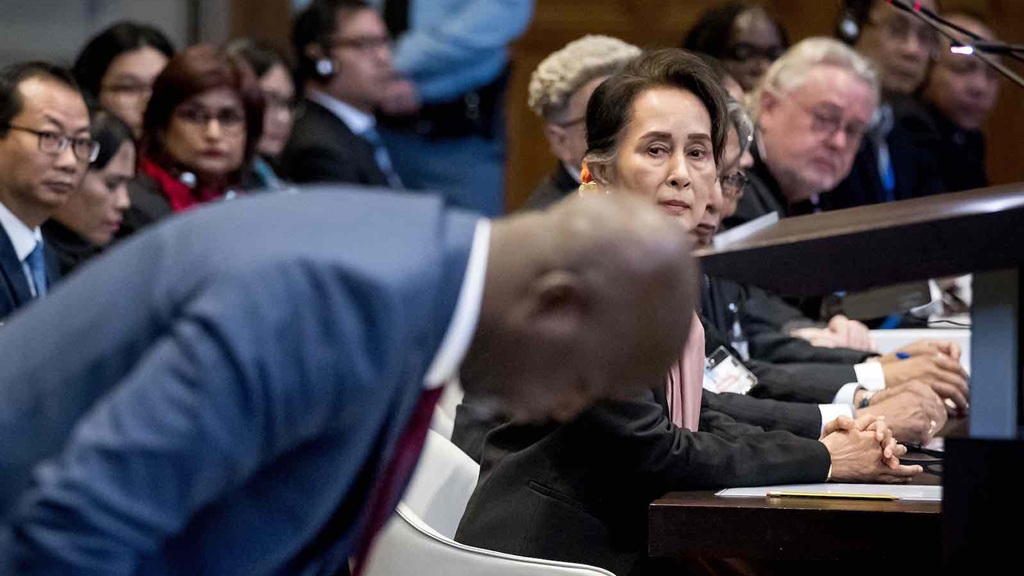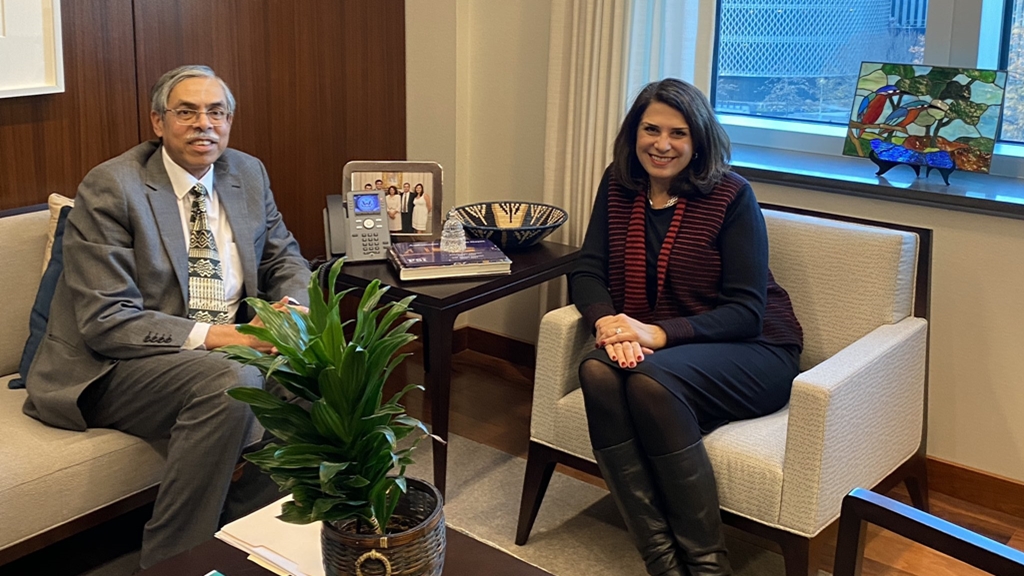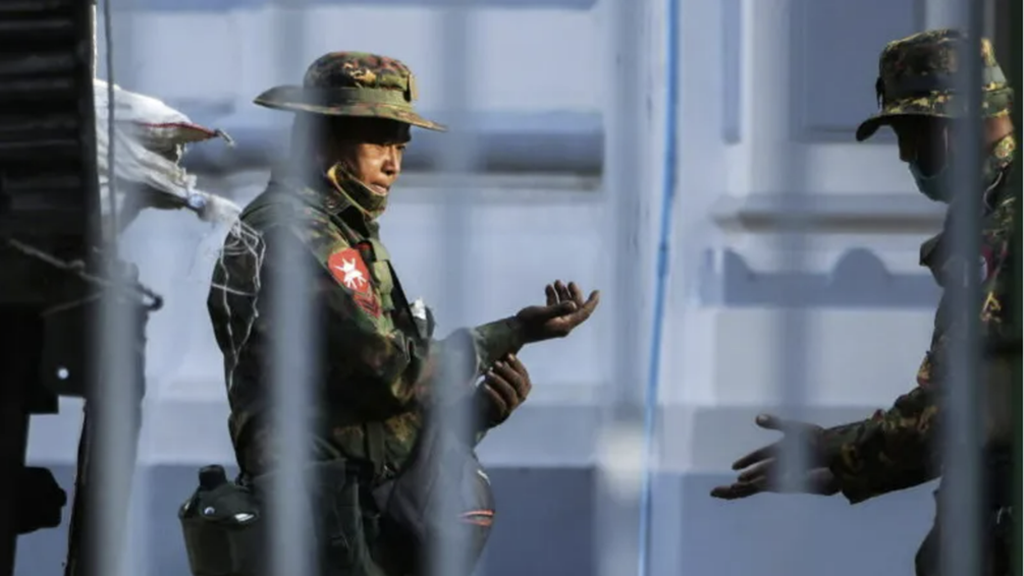
Rohingya genocide case a watershed for global human rights
- 03/03/2020
- 0
By Dr. Azeem Ibrahim, Arab News
The Maldives made the news last week by joining the Gambia in its suit on behalf of the Rohingya before the International Court of Justice (ICJ).
This is not surprising. The Maldives has taken leadership on this very issue in years past, and my own experience with the country’s officials, most notably Dr. Farah Faizal, the Maldives’ high commissioner to the UK, has taught me that they are deeply committed to human rights and highly literate on global affairs and international law.
So now we have two small, independent countries, both outside the major spheres of influence and the geopolitical machinations of the great global powers, and both of whom have clean hands on humanitarian issues, working on behalf of the Rohingya before the ICJ.
This displays the spirit of humanitarian concern and a humane international community. This is what it looks like when the peoples of the world look out for one another in the face of hate-filled ideologies and great power geopolitics.
And where the Gambia and Maldives lead, others must now follow. These two are only small nations. They are also Muslim nations. But what has happened to the Rohingya, as a Muslim minority community in the aggressively Buddhist country of Myanmar, is not fundamentally about Islam or Muslims. However, if other countries are unwilling to step in and join this action, it will inevitably be portrayed as Muslim versus Buddhist and will certainly be used by the extremist Buddhist monks as confirmation that Buddhism is under attack from the Muslim world, which is usurping global institutions — first the UN and now the ICJ. Undoubtedly, inter-religious tensions both in Myanmar and elsewhere will worsen, with this narrative making the repatriation of the Rohingya under any agreement even less likely.
Other countries must, therefore, take notice and send a clear message that this is not about religious divides; it is about humanity and humanness, and whether we stand up for each other in the face of violent ideologies that would divide us and politicians who would exploit these divisions for their own gain.
All people and all countries who value humanity above ideology, and community above division and senseless violence, are now called upon to join this suit at the ICJ and finally honor the pledge they made after the Second World War that they shall “never again” tolerate genocide.
The Gambia and Maldives, in their courageous initiative, have given the notion of global justice a new lease of life. None of us can afford to squander this opportunity, for it may be the last time that we have it. If we, as a global village, fail to judge genocide as genocide even now, in this blindingly obvious case, and if we fail to hold the perpetrators of genocide to account for their actions once again because of great power politics, the notions of justice and the equal dignity of all human beings may well be lost forever.
The Gambia and Maldives, in their courageous initiative, have given the notion of global justice a new lease of life. Dr. Azeem Ibrahim
As we face a century of geopolitical uncertainty, as more and more aspects of our collective lives will be stressed by the encroaching fallout of the climate catastrophe, we will be asked again and again whether we are able, and willing, to meet the challenges and the threats for the benefit of all, as a global community, as one humanity where we are all each other’s keepers.
If we fail to give the moral answer to that question, generalized war, like we have seen in Syria and Yemen, and genocide, like we have seen in Myanmar and are seeing in Xinjiang, will become the new normal. And they will reach our shores and start to affect us all sooner than any of us might expect.
The Rohingya case before the ICJ establishes an institutional approach on how to prevent that bleak future. Whether we like it or not, whether we yet realize it or not, we all, as individuals, have a stake in establishing this precedent and asserting that justice, based on the assumption of equality of human dignity of all, should be a global force and it should constrain the actions of aggressors everywhere. We must make sure that justice prevails in this case. And we must make sure that our political leaders enforce the judgement of the court upon the aggressors — by force if necessary.
- Dr. Azeem Ibrahim is the Director of the Displacement and Migration Program at the Center for Global Policy in Washington, D.C., where he chairs the Rohingya Legal Forum. He is also author of “Rohingya: Inside Myanmar’s Genocide” (Hurst 2017). Twitter: @AzeemIbrahim







